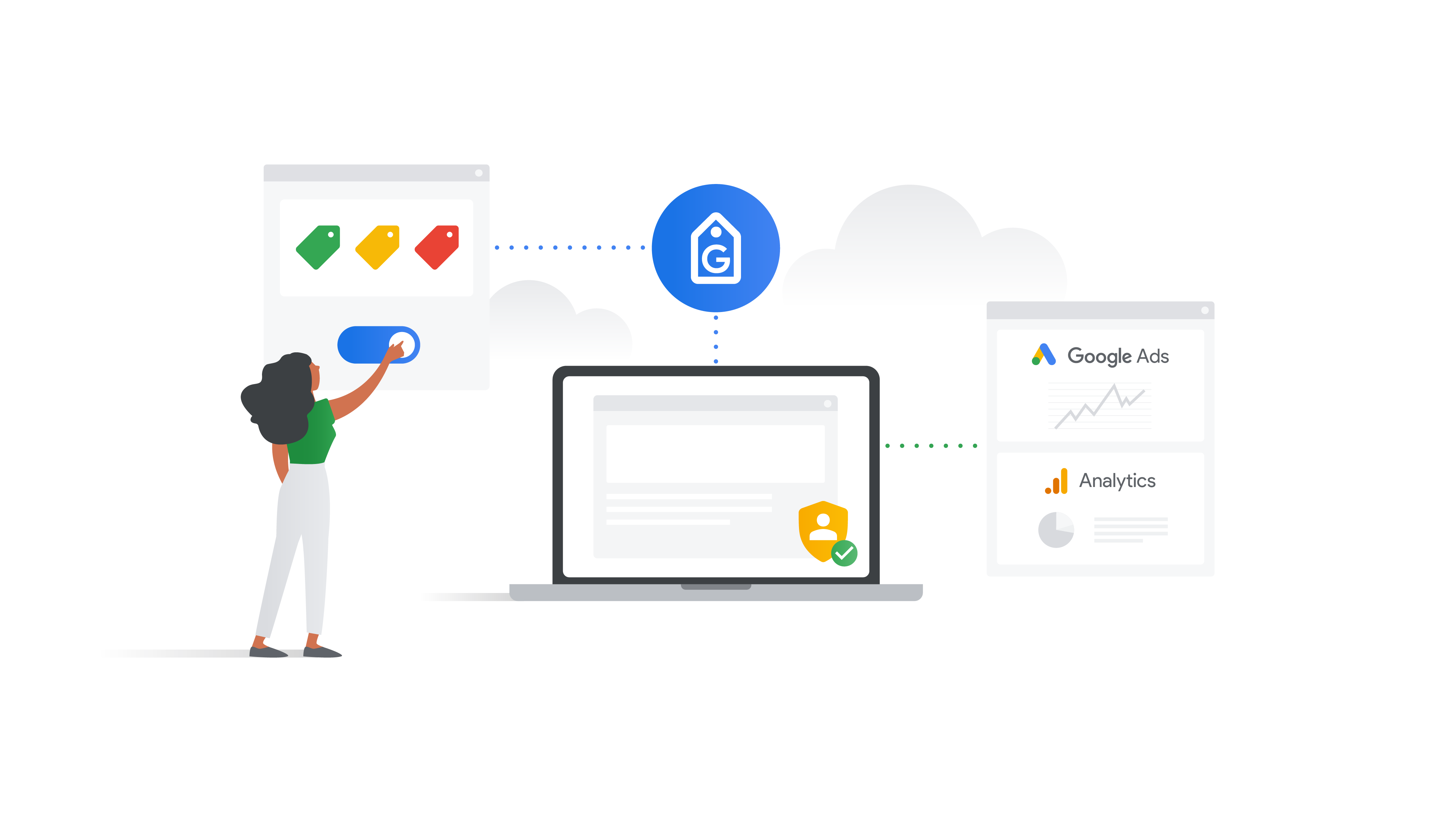Nowadays, the trend for Google Analytics has changed, whereas Universal Analytics is the earlier generation of Analytics.
Likewise, traffic volume, sessions, source mediums, demography, etc., are all included in Google’s analytical system.
Moreover, according to some predictions, GA4 counted as a new property of Google Analytics that may remove Universal Analytics.
Similarly, it is fully equipped with multi-characteristics that collect event-based data from websites and apps.
In addition, Google Analytics 4 helps you to understand your customers better and shows the effectiveness of your efforts to lead your business.
Likewise, GA4, its new gateway, considers the next generation Analytics. If we talk about Universal Analytics, it called the second version of Google Search Analytics. This Analytics provides more in-depth information about the user behavior to the owner and source codes.
The latest Universal Analytic APIs also allow tracking the same user from different devices and applications. Further, it lacks Remarketing, Ad sense integration, Content experiments, etc., in its properties.
In comparison, Advanced Google Analytics has inadequacy for Online & Offline synchronization, custom metrics, and dimensions, multi-device tracking, new feature release selection, etc.

